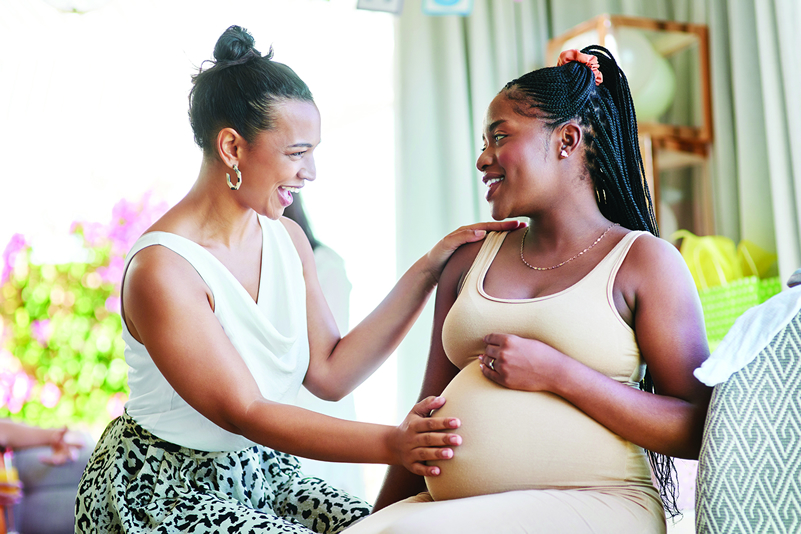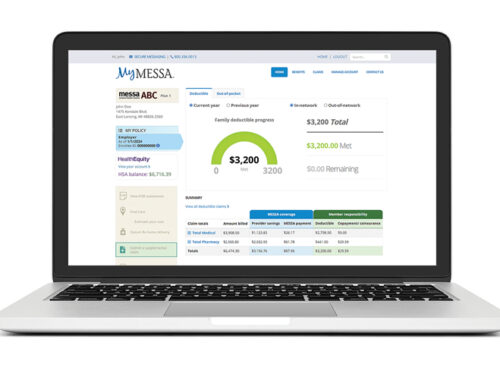Midwives can help improve Black maternal landscape
For generations, midwives provided care and support to laboring mothers, and often were the only option for working-class, poor communities of color. In the 20th century, however, modern maternal medicine nearly eliminated midwifery from the birthing landscape.
“One of the darkest moments in U.S. history was the systematic eradication of the African American midwife from her community, resulting in a legacy of birth injustices,” said Shafia M. Monroe, a midwife from Portland, Ore., with 40 years of experience.
With the rise of feminism in the 1970s, midwifery — and its place in maternal care — was reignited by women’s need to take back control over their birth process, but there is still more ground to gain, particularly for communities of color.
Racial disparities in maternal health
- Black women are three times more likely to die from a pregnancy-related cause than white women.
- Contributing factors include variation in the quality of health care, underlying chronic conditions, structural racism and implicit bias.
- Women of color are more likely than white women to have certain birth risk factors that contribute to infant mortality and can have long-term consequences for the physical and cognitive health of children.
Sources: Centers for Disease Control and Prevention and Kaiser Family Foundation
![]()
Research has shown that providers of the same race positively affect health outcomes, but Black women have accounted for a small percentage of certified midwives over the years.
In the United States, more than 90% of midwives are white, according to the American College of Nurse-Midwives. While midwives attend roughly 11% of births, nearly half of those are with Black, Latinx and Indigenous mothers.
Access to midwifery education and care is key to positively impacting the birth experience and health outcomes for Black families, according to Asasiya Muhammad, a midwife from Philadelphia.
“This looks like midwifery schools prioritizing women from underserved communities for scholarship and grant opportunities,” Muhammad said. “I’d also like to see midwifery care accepted as a legitimate and ideal model for maternity care in the United States as it is in most other places throughout the world. With that change, we can persuade states to offer licensure to all credentialed midwives and create a path for all licensed midwives to be covered under insurance. This will increase access for women to access all their options for maternity care.”
MESSA’s partner Ovia Health is helping to share the stories and insights of four trailblazing midwives whose contributions to the birthing space are motivated by a desire to change the childbirth narrative for women of color. Read their stories.
MESSA members have free access to all three of Ovia’s apps that offer support for reproductive health, pregnancy and parenting. Learn more at messa.org/Ovia.
MESSA covers midwives
- Services must be rendered in an inpatient hospital setting or an accredited birthing center. Use MESSA’s Find Care tool to find approved birthing centers: messa.org/FindCare.
- Covered care includes: prenatal care, vaginal delivery, postnatal care including pap smear at six-week visit and routine annual gynecological exams.
- Services are covered as in-network; members are responsible for applicable cost share and coinsurance.
- Home delivery and home visits are not covered.
- To learn more about this benefit, contact our Member Service Center specialists at 800-336-0013.






